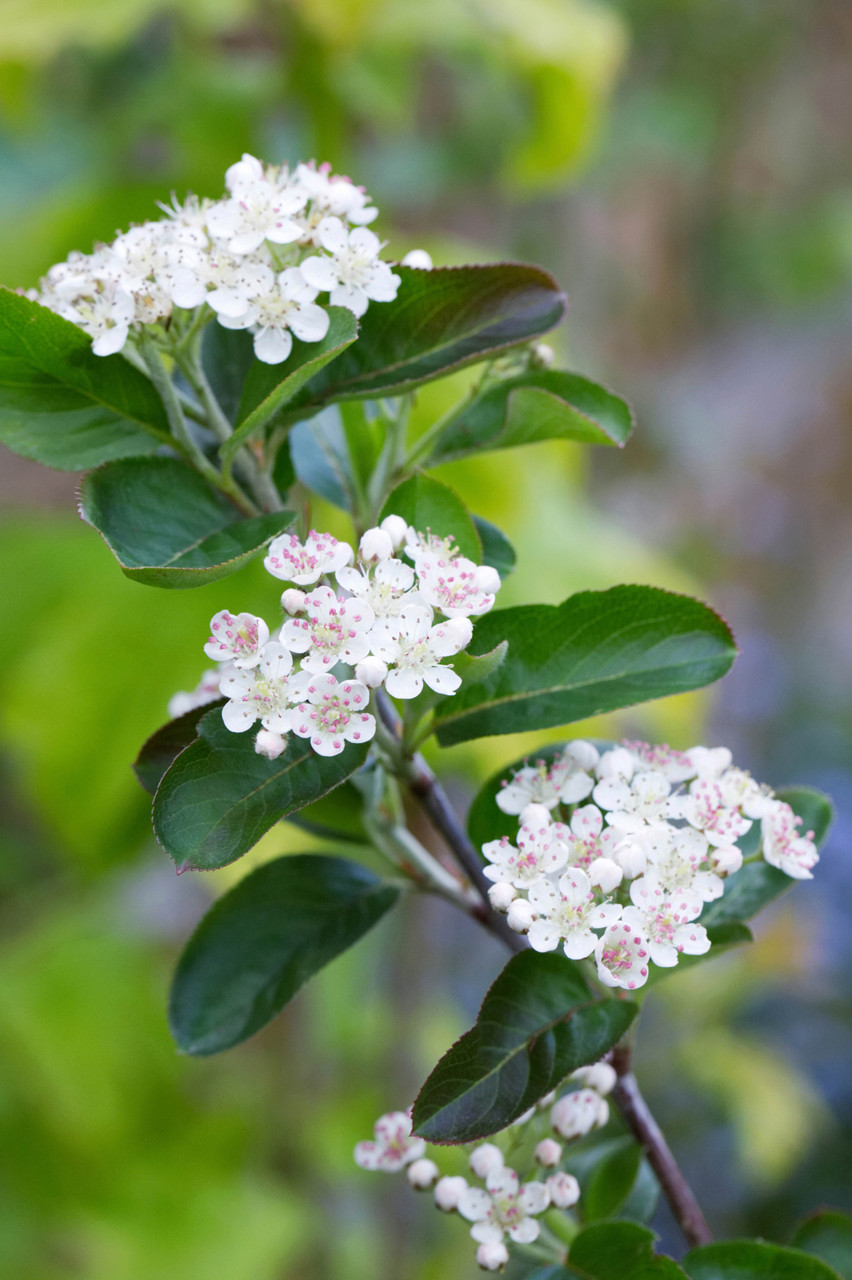Aronia: A Nutritional Powerhouse and Versatile Fruit
Aronia, a genus of flowering plants in the rose family, has gained significant attention in recent years for its exceptional nutritional value and potential health benefits. Native to North America, these shrubs produce small, dark-colored berries that are packed with antioxidants, vitamins, minerals, and bioactive compounds. This article will delve into the various aspects of aronia plants, including their history, cultivation, nutritional composition, health benefits, culinary uses, and potential applications in various industries.
History and Cultivation
The aronia plant, specifically Aronia melanocarpa (chokeberry), has been used by indigenous peoples of North America for centuries. They valued its berries for their medicinal properties and incorporated them into their diets. However, it wasn’t until the 20th century that aronia gained wider recognition as a cultivated fruit.

Aronia plants are relatively hardy and adaptable, thriving in a variety of climates. They are known for their tolerance to cold temperatures, pests, and diseases, making them a popular choice for both commercial and home gardens. Cultivation practices for aronia involve planting the shrubs in well-draining soil, providing adequate sunlight, and regular pruning to maintain plant health and productivity.
Nutritional Composition
Aronia berries are a nutritional powerhouse, boasting a high concentration of antioxidants, vitamins, minerals, and bioactive compounds. Some of the key nutrients found in aronia include:
Antioxidants: Aronia berries are rich in antioxidants, including anthocyanins, flavonoids, and proanthocyanidins. These compounds help protect cells from damage caused by free radicals, which are linked to various chronic diseases.
:max_bytes(150000):strip_icc()/black-chokeberry-growing-profile-3269200-hero-28b2810b28d2446b88270ab2ee2a8f1c.jpg)
Health Benefits
The high concentration of antioxidants and bioactive compounds in aronia berries has led to extensive research into their potential health benefits. While more studies are needed to fully understand the mechanisms involved, aronia berries have been associated with several health benefits:
Improved cardiovascular health: Aronia berries may help improve cardiovascular health by reducing blood pressure, cholesterol levels, and the risk of blood clots. The antioxidants in aronia can help protect blood vessels from damage and reduce inflammation.
Culinary Uses

Aronia berries have a tart and slightly bitter flavor, making them a versatile ingredient in various culinary applications. They can be enjoyed fresh, but are often used to make jams, jellies, juices, syrups, and sauces. Aronia berries can also be added to smoothies, yogurt, oatmeal, and baked goods.
In recent years, aronia berries have gained popularity as a natural food coloring and flavoring agent. The vibrant color of aronia berries can be used to enhance the appearance of food products, while their unique flavor can add a tangy twist to a variety of dishes.
Potential Applications in Industry
In addition to their culinary uses, aronia berries have potential applications in various industries, including:
Food and beverage industry: Aronia berries can be used as a natural food coloring and flavoring agent, adding value to a wide range of products.
Conclusion
Aronia plants are a valuable source of nutrition and have the potential to offer significant health benefits. Their unique flavor profile and versatility make them a desirable ingredient in various culinary applications. As research continues to explore the potential of aronia berries, it is likely that they will play an increasingly important role in the food, pharmaceutical, cosmetics, and dietary supplement industries.

:max_bytes(150000):strip_icc()/how-to-grow-coleus-1402921-02-6ca494adf94f4a5887c94256a24ebf33.jpg?w=200&resize=200,112&ssl=1)



:max_bytes(150000):strip_icc()/hoya-plants-1315763-hero-fe8b10a522eb4d7e9ada8abbc303fbc5.jpg?w=200&resize=200,112&ssl=1)